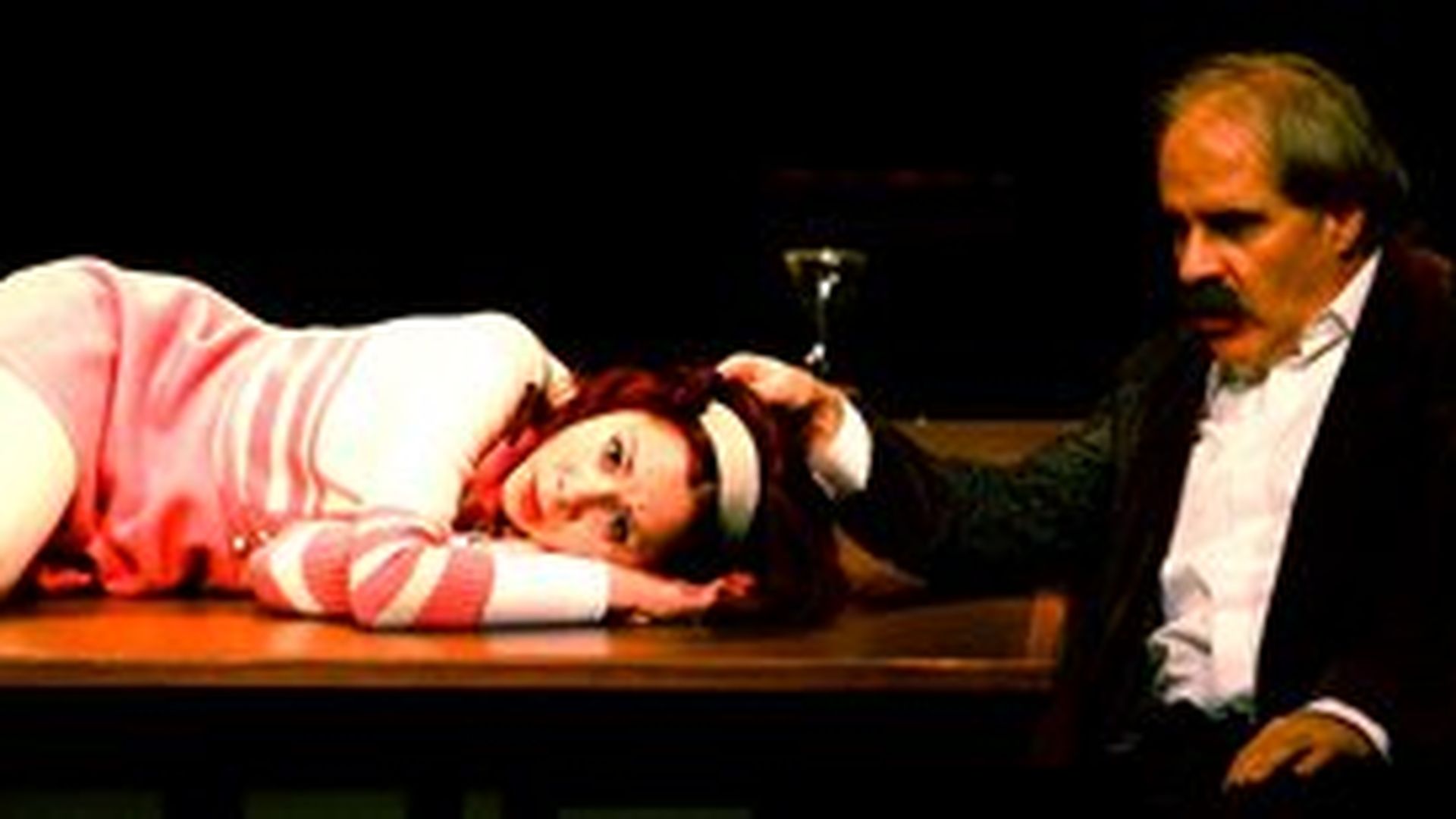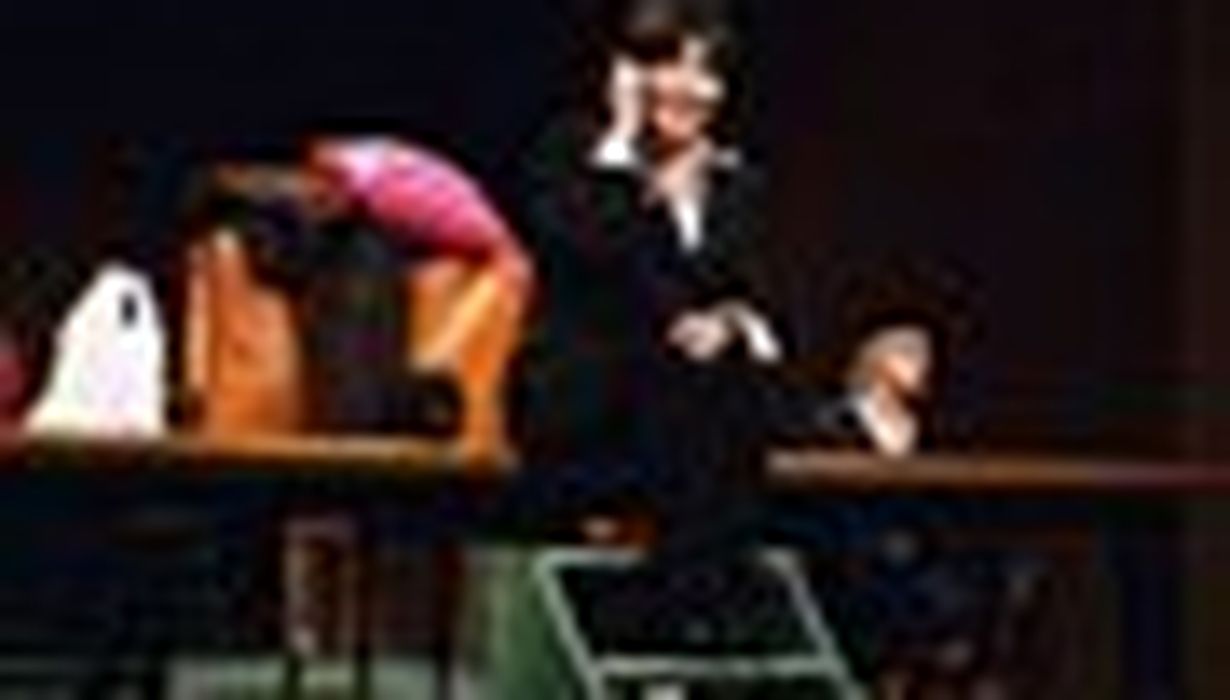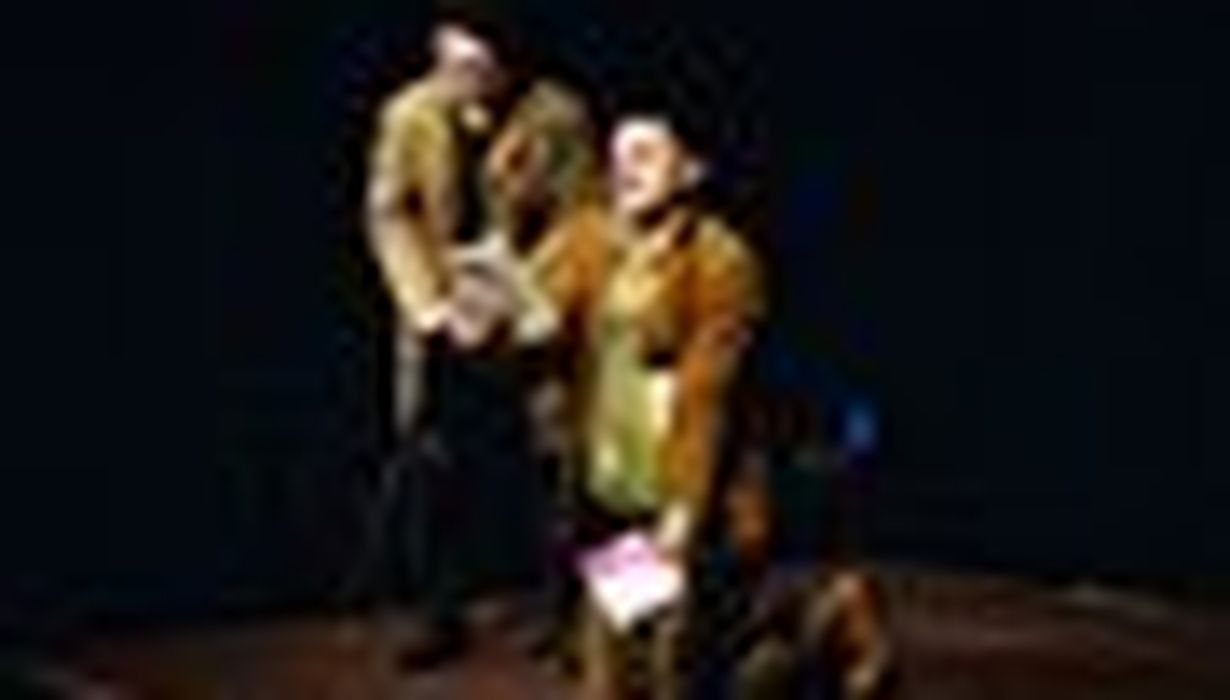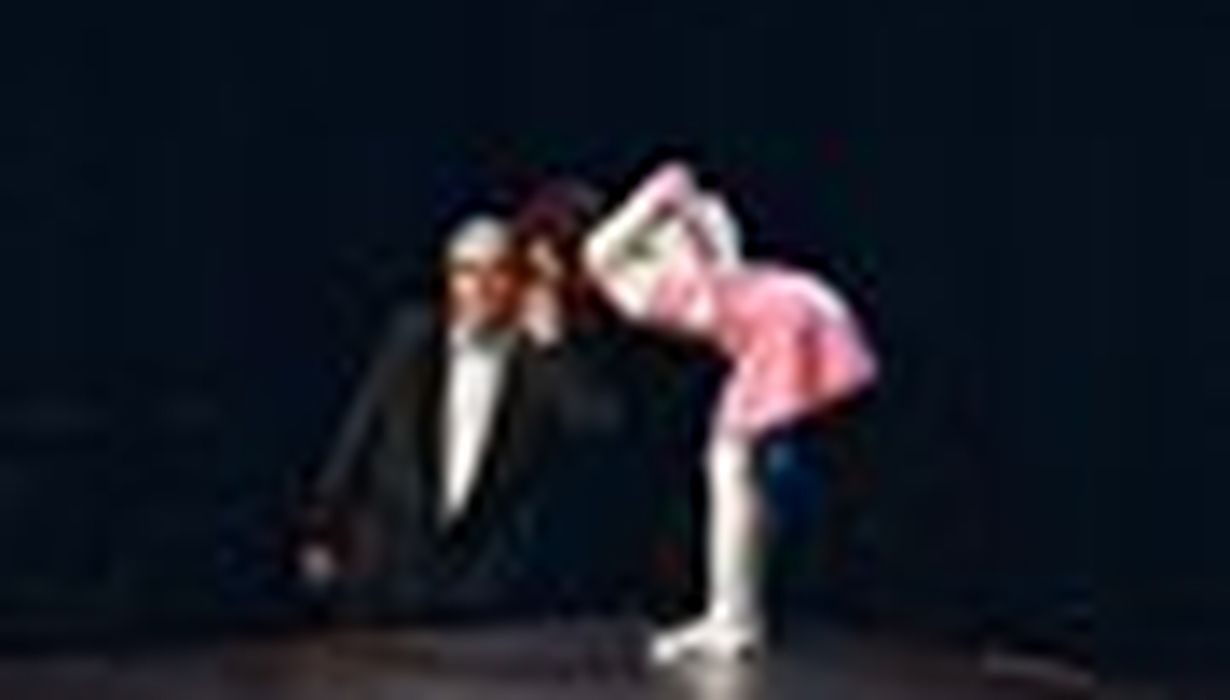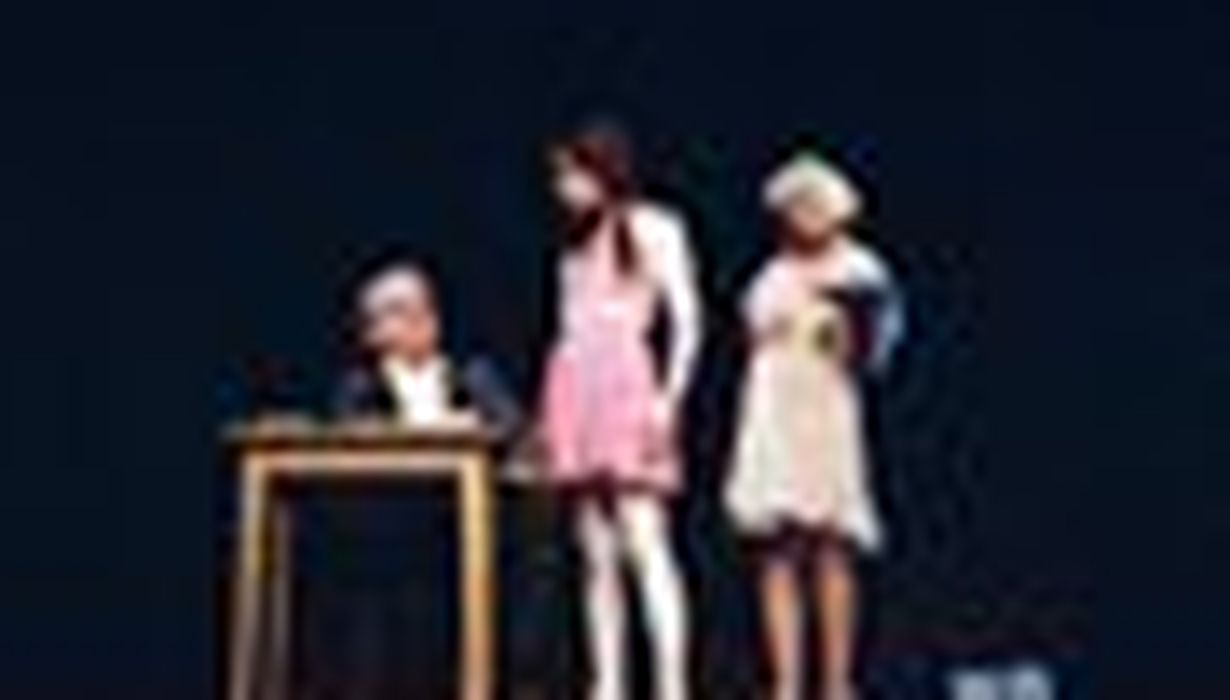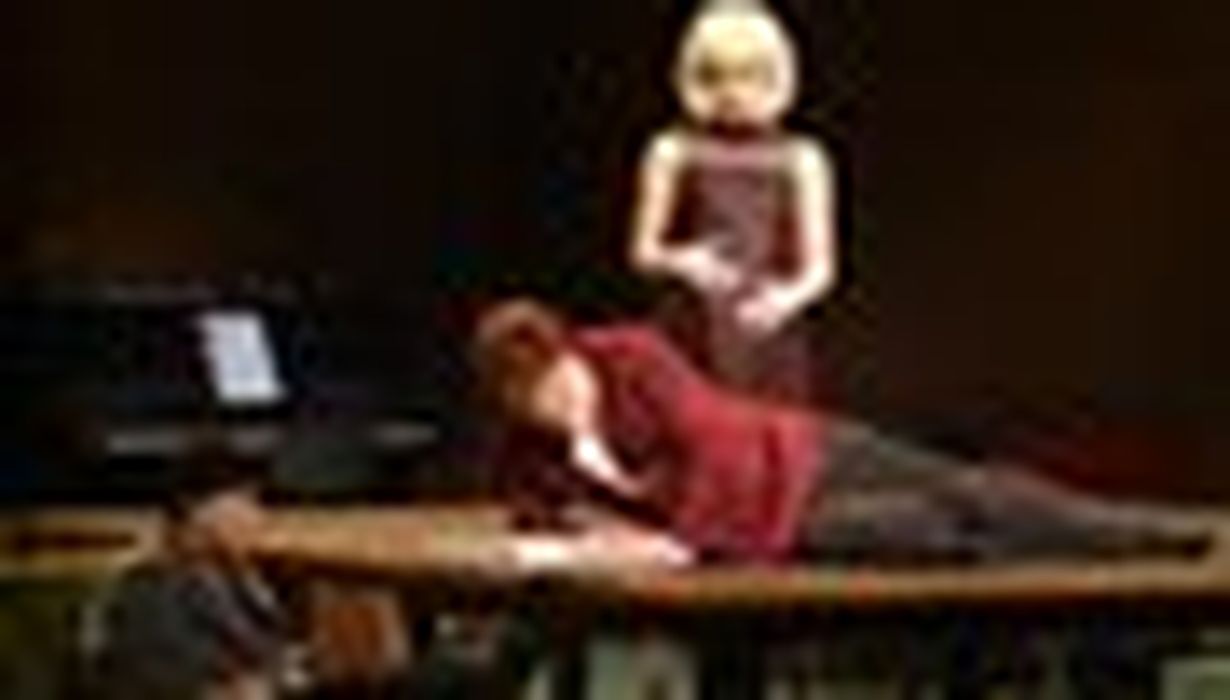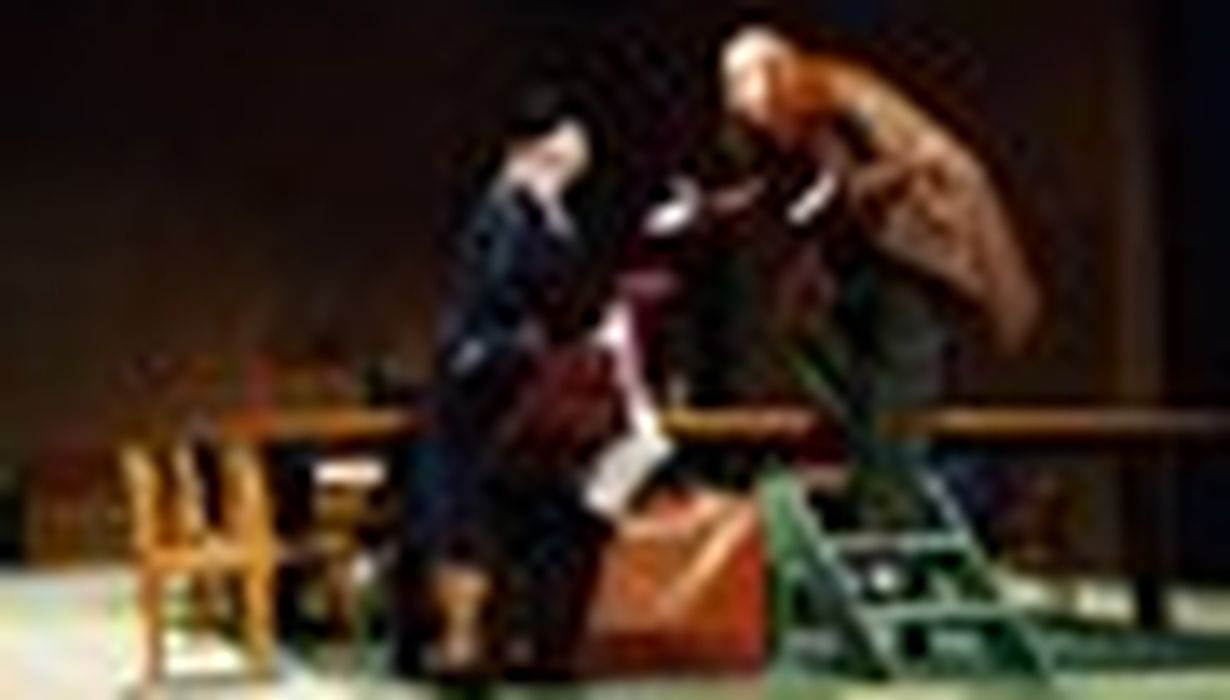Locusts or My Father Plays the Lottery
Skakavci ili Moj otac igra loto
A baptismal production
PREMIERE
5. januar 2006
What is happiness and how to reach it? What is death and is it possible to avoid it? How to face one's old age, and the old age of the loved ones? What are the point and purpose of family? These are questions that Biljana Srbljanović, the most successful and important contemporary Serbian playwright whose plays are produced on stages all over the world, deals with in her latest text. Although Srbljanović is considered to be an explicitly politically and socially engaged author, Locust is one of her few non-political plays. The author herself calls it a play "about people who change nothing in the world, who leave nothing behind and will not be remembered for their deeds, and yet they live, they are here, they are us". Apart from intertwined styles and genres - from poetic realism to surrealism, from sentiment to irony, from lapidary dialogue to the elements of music and dance -, the most noticeable characteristic of the play is its brutal directness.
Creators
-
Translators
Mojca Kranjc, Daniela B. Marković -
Director
Eduard Miler -
Dramaturg
Žanina Mirčevska -
Language Consultant
Srečko Fišer -
Set Designer
Marko Japelj -
Costume Designer
Leo Kulaš -
Music*
Eduard Miler -
Repetiteur
Rosana Peršolja -
Light Designer
Samo Oblokar -
Assistant to Set Designer
Aleksander Blažica
Performing
Nadeshda
Ana FacchiniMilan
Gorazd JakominiDada
Lara Jankovič P.Fredi
Iztok MlakarAlegra
Saša Mihelčič k. g.Žana
Mira Lampe-VujičićMaksim, Maks
Radoš BolčinaG. Ignjatovic
Milan VodopivecG. Jovic
Ivo BarišičG. Simić
Jože HrovatGa. Petrovic
Teja GlažarPianist
Rosana Peršolja
In the Media
The locusts from the title are an allegory for the losers of all generations, be it children who grew old before their time, thirty-somethings resigned to their fate, or childish (or maybe simply senile) pensioners. All of them - just like the insects - constantly crave (and try to grab) anything they can at any given moment, whether it's the savings of their aged father-in-law, the admission among the "immortals" of the academy, improvement via plastic operation or an undeserved bit of human warmth; but since all these things manage to evade them somehow, they amuse themselves by getting at each others throats - unscrupulously, with deliberate intention and unconcealed pleasure. In short, this is essentially a "natural state", the war of all against all, and the director Eduard Miler underlines it with a slightly ironic musical where he inserts and places it on a type of "stage on stage". This functions primarily as a ring, in which constant battles for the place under the sun are being fought, but at the same time the empty platform enables smooth passages between the numerous settings, from a restaurant to apartments - Marko Japelj's scenography shows each different location by piling characteristic objects and pieces of furniture into the background -, and its bareness reflects the profound emptiness of the lives of the protagonists.
Gregor Butala, 9th January 2006, Dnevnik
The actors were of key importance in creating a complicated whole from the carefully built, yet stylized characters. Ana Facchini was convincing as the ageing, unambitious and anonymous television make-up artist Nadežda, who just wants someone to take care of, and filled her character with simple, albeit unappreciated, kind-heartedness. Maksim, the haughty and complacent television star, but also a police informer and a philandering husband, only momentarily "sobered" by a light stroke, was created by Radoš Bolčina as a vapid new-age media guru. Lara P. Jankovič rendered a caricature image - both as a whole and in details - of Dada, a domineering, self-centred and artificial television beauty. Her henpecked husband, burdened by a criminal past and unsuccessful career was Gorazd Jakomini, while Saša Mihelčič was their daughter Alegra, a girl who matured rapidly and inherited her mother's egotistic and domineering traits. Iztok Mlakar's Fredi, Dada's gay and patricidal brother, was an intelligently created figure; Ivo Barišić played their long "unplugged", vegetating father Mr. Jović with his customary dedication. The caricatures of two old men, tarnished with communist party past, and forever separated by the membership (and non-membership) in the academy of the immortals were Milan Vodopivec as Milan's father, academy member Ignjatović, and guest Jože Hrovat as Simić, a loser and a nonentity. Mira Lampe Vujičić was good as Maxim's workaholic first wife �ana, and Teja Glažar as her frail ageing mother Mrs. Petrović.
Slavko Pezdir, 7th January 2006, Delo
The eleven protagonists manage to knead black humour and unpolished bitterness into an enormous lump that a spectator must indeed.swallow. Should one laugh or cry when trying to get the lump out of one's throat? Looking into the mirror, it really is hard to decide.
Andraž Gombač, 7th January 2006, Primorske novice
Festivals and performances abroad
Festival of Slovenian Theatre Borstnikovo srečanje, Maribor, 2006
8. 12. 2020 at 23.00 SPLET.



